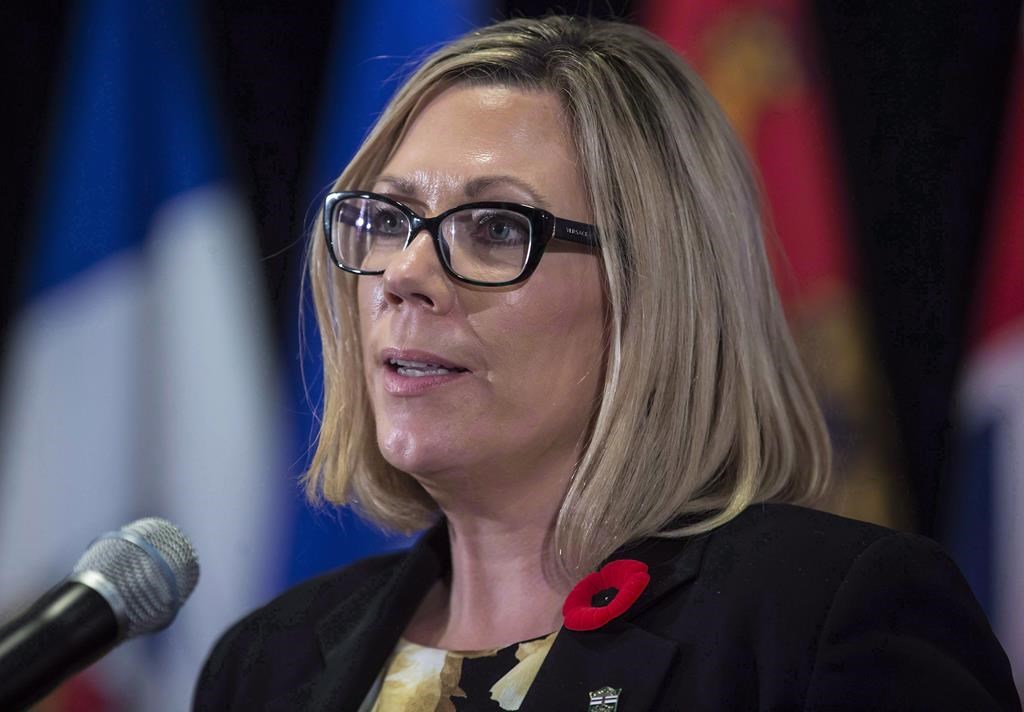Mifegymiso — the abortion pill — is now universally covered in Manitoba.

The change in coverage quietly took effect last month, after the province announced plans to fully cover the drug June 2.
“In July 2017, we brought Mifegymiso on the formulary, so that patients would not pay out-of-pocket if they were low income, no income, if they had various benefits through employment insurance or through their treaty status or if they presented at one of the clinics that offered surgical abortion, we made medical abortion free of charge,” Minister Responsible for the Status of Women Rochelle Squires said.
“I had continuously kept an eye on the uptake throughout the province of Manitoba and how it was being received in community, and we know that this was one of the barriers that was evident for universal coverage, so we did move towards this direction.”
“Providing healthcare services for women throughout the province of Manitoba, giving women autonomy over their healthcare decisions is a priority for this government, and I’m pleased that we were able to move in a manner which was responsive to what many women were asking for.”

Get weekly health news
The transition doesn’t just impact women who use the drug going forward — with the province making the coverage retroactive.
“We do want to make clear that any patient who may be out of pocket from the time that our government had announced the intention to cover Mifegymiso on a universal basis on June 2 until now is certainly eligible for reimbursement,” Minister Squires said.

“But we have instructed all pharmacies and health authorities and practitioners that Mifegymiso is universal coverage and there is a way to bill the province back for those drug costs.”
But some stakeholders said while the increased access is a good thing, calling it universal isn’t perfectly accurate.
“I think the word universal is a bit misleading because we still do acknowledge that there are a number of communities and individuals who may still have challenges accessing it in what one would consider to be a universal way,” Nadine Sookermany, executive director with the Women’s Health Clinic in Winnipeg, said. “But we definitely think this is a great first step towards access for women and trans folks and other people who become pregnant in Manitoba.”
According to Minister Squires, this is the first time the province has offered universal coverage of a product — with the system taking about two months to set up.
The blackout period around the provincial election also impacted the government’s ability to communicate with Manitobans about the change in coverage, Squires said.








Comments